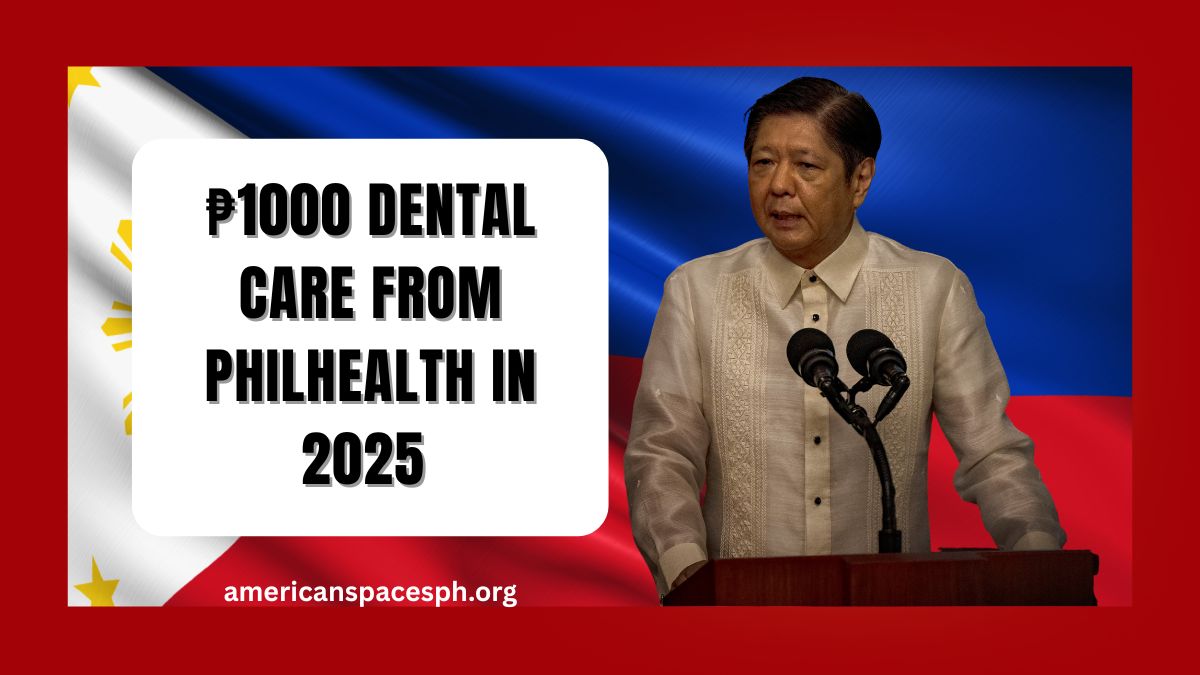The Philippines, known for its vibrant culture and the warm hospitality of its people, faces a significant health challenge: dental issues.
These problems, many of which are preventable, have a profound impact on individuals’ health, quality of life, and even economic productivity.
The Impact of Dental Health Problems in the Philippines
According to the World Health Organization (WHO)‘s 2022 Philippine Country Oral Health Profile, approximately 29.4% of children aged 5 and above suffer from dental decay.
This condition often leads to chronic pain, which can hinder children’s academic performance. Additionally, 7.5% of adults experience complete tooth loss, which can lower self-esteem and limit career opportunities.
Beyond the individual toll, these dental problems have a substantial economic impact. Oral diseases in the Philippines result in PHP 47.984 billion (about USD 825 million) in annual losses.
These losses stem from lost productivity, medical expenses, and the need for costly treatments that could have been avoided through preventive care.
PhilHealth’s Dental Care Initiative: A Step Toward Prevention
In response to the national oral health crisis, the Philippine Health Insurance Corporation (PhilHealth) has introduced a groundbreaking initiative: the ₱1,000 PhilHealth Dental Package.
This program is designed to make preventive dental care more accessible and affordable, shifting the focus from expensive restorative treatments.
What the Dental Package Covers
During the Kapihan sa Bagong Pilipinas forum, Dr. Bernadette C. Lico, Vice President of PhilHealth Regional Office NCR and Rizal, highlighted the package’s key features.
Each PhilHealth member is entitled to ₱1,000 annually for preventive dental services. This funding covers two annual dental visits and additional treatments aimed at preventing serious dental issues.
- First Visit (PHP 300): Includes a comprehensive dental examination, professional cleaning, and the application of fluoride varnish.
- Second Visit (PHP 300): Follow-up care, including additional cleaning and evaluation.
- Additional Treatments (PHP 400): Can be used for sealants, fluoride reapplication, or emergency extractions.
PhilHealth Dental Package Breakdown
| Service | Covered Amount (PHP) | Frequency | Details |
|---|---|---|---|
| Comprehensive Dental Examination | 300 | Once per year | Full oral assessment, cleaning, and fluoride varnish |
| Follow-up Dental Visit | 300 | Four months after the first visit | Includes additional cleaning and evaluation |
| Additional Preventive Treatments | 400 | As needed within the year | Sealants, fluoride reapplication, minor procedures |
Why Regular Dental Visits Are Crucial
Preventive dental care is key to avoiding significant oral health problems. Many people overlook dental visits until issues become painful or visible.
However, regular check-ups allow dentists to detect problems early—such as cavities, gum disease, and even oral cancers. Early detection leads to less invasive and more cost-effective treatments.
By offering two dental visits annually, PhilHealth encourages Filipinos to maintain their oral health proactively.
These visits also serve as opportunities for oral health education and the application of protective treatments like fluoride varnishes, which help prevent decay.
The Broader Health Benefits of Preventive Dental Care
Good oral health goes beyond just a healthy smile. Research has linked poor dental hygiene to serious conditions such as heart disease, diabetes, and respiratory infections.
By promoting regular dental checkups, PhilHealth is also contributing to the prevention of these systemic health issues, improving the overall well-being of the population.
Making Dental Care Accessible and Affordable
One of the standout features of the PhilHealth Dental Package is its accessibility. Filipinos can avail themselves of services through a network of PhilHealth-accredited dental clinics nationwide, ensuring that even those in rural areas can benefit from the program.
Additionally, while private dentists may charge reasonable co-payments for certain procedures, most preventive services are covered under the ₱1,000 benefit, making it affordable, especially for low-income families who once viewed dental care as a luxury.
Economic and Social Impact of Improved Oral Health
Improving dental health has far-reaching social and economic effects. Untreated dental issues can cause school absences for children and work absences for adults, negatively affecting productivity and education. PhilHealth’s preventive care initiative helps minimize these disruptions, fostering a healthier and more productive population.
Moreover, by reducing the need for costly restorative treatments, preventive care helps both individuals and the government save substantial amounts on healthcare expenses. This could free up resources to address other pressing social needs.
How to Access PhilHealth’s Dental Benefits
The process of availing PhilHealth’s dental benefits is simple and straightforward:
- Verify PhilHealth Membership: Ensure that your membership is active and that you have made the required contributions.
- Find Accredited Clinics: Look for PhilHealth-accredited dental clinics in your area.
- Schedule Appointments: Book your first dental visit and inform the clinic that you will be using your PhilHealth dental benefits.
- Monitor Your Annual Coverage: Track your ₱1,000 benefit to ensure you get the most out of your two covered visits and additional treatments.
- Plan Visits: Ideally, schedule your visits every six months to maintain optimal dental health.
PhilHealth’s dental care package is a significant step towards improving the oral health of Filipinos. By making preventive care affordable, accessible, and available, this initiative enables more Filipinos to maintain healthy teeth without financial strain.
Oral health is a critical aspect of overall health and well-being, and through this program, the Philippine government is empowering citizens to take charge of their dental health. As the program grows, it is expected to improve both individual health outcomes and the country’s collective well-being, one smile at a time.
